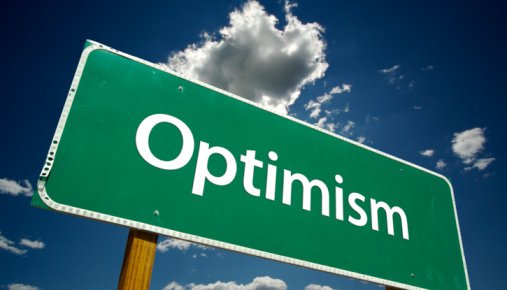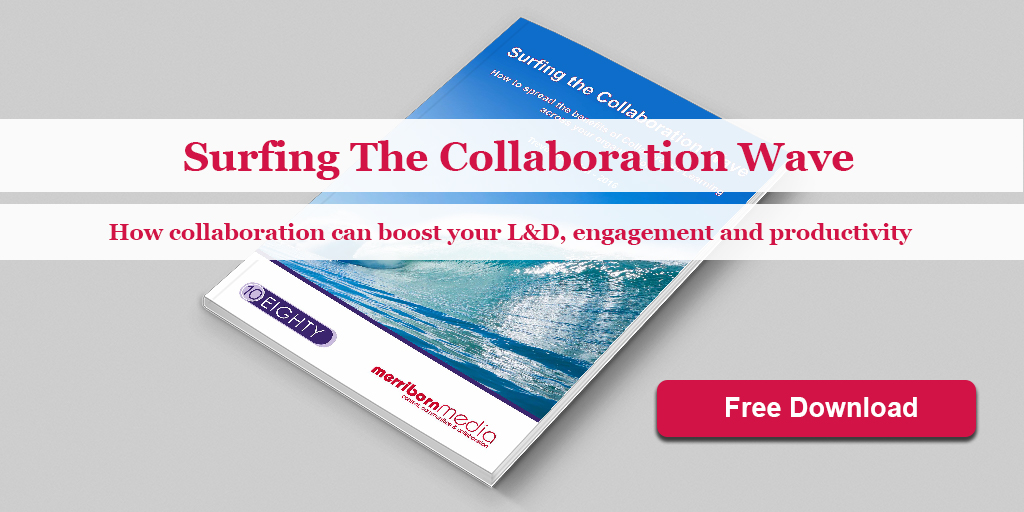Feel makes Real: a case for “deliberate” optimism
As I write, I feel a sense of optimism about 2016 – but not for the reason you may assume. My brand of optimism isn’t about deluding myself that the change of year will bring forward a “new me” – I know I have some faults and weaknesses that I can promise you now will still be on display in 12 months’ time.
In truth we are all both optimists and pessimists several times a day, faced with different situations. My sense of optimism though is more deliberate and pragmatic – I’ve come to realise that it makes no sense whatsoever to practise anything other than optimism.
Shawn Anchor, in his amazing book “The Happiness Advantage” tells the fictional story of a man who walks into a bank. There are 50 other people there. A robber comes in and fires his weapon once. You are shot in the arm. Would you call yourself lucky or unlucky?
There is of course no right or wrong answer. What is more interesting is the way you came to your decision. These sorts of questions doubtless came into your heads …..
“How come I was the only one out of 50 to be shot?”
“I could have been fatally shot. How lucky was that?”
The brain invents a “counter fact” through these questions. A counter fact is an alternate scenario our brains create to help us evaluate and make sense of what really happened.
This is important. We have the choice over what counter fact we select, one that makes us feel either fortunate or helpless. This then influences far more than one’s attitude to an individual event. Those who pick positive counter facts are open themselves up to a whole range of subsequent benefits to spur their motivation and performance.
Research shows that people with positive counter facts have more successful careers, relationships and even live longer – they probably even have better love lives, though I have no solid evidence to share with you on that last one. Martin Seligman, the father of positive psychology and author of “Learned Optimism”, noticed that people who bounced back from setbacks all shared a positive way of interpreting adversity or what researchers called optimistic explanatory style.
In short, how you “Feel” makes it “Real” – if you hope and expect the best, you perform better. So, even if you don’t actually think you’re an optimist, I’d urge you to work hard on becoming more aware of and challenging your more pessimistic moments – and channelling your positivity into your performance.
Be deliberately, even doggedly, optimistic in 2016. There’s really no point in being any other way.
Merriborn Media is a business dedicated to developing clever content, engaged online communities and effective collaborative working and learning for clients. Both Merriborn Media and its founder Trevor Merriden were ranked in the Top 3 of social learning evangelists for 2016 in a recent major study.


